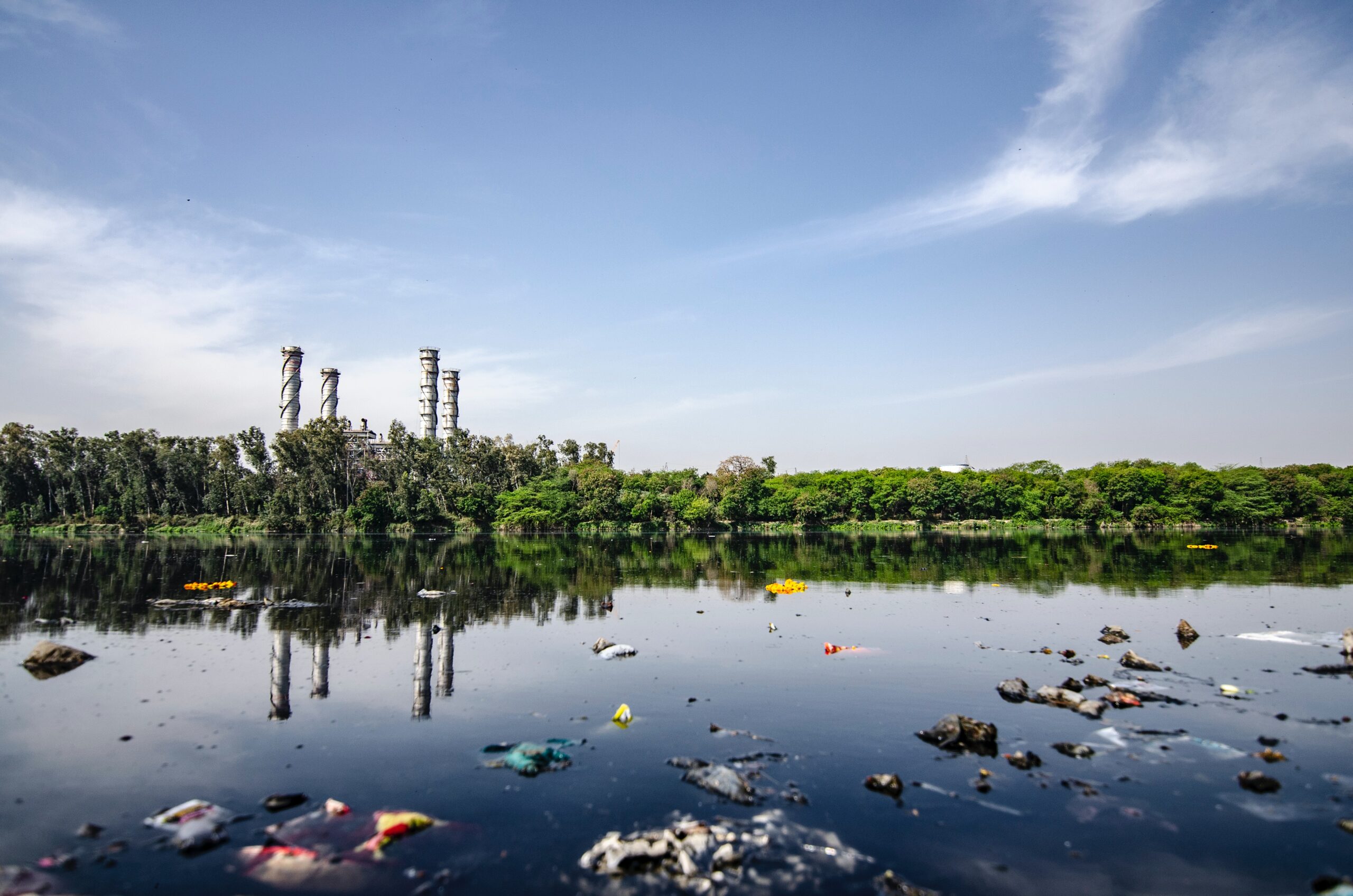
When we think of our most basic needs, it is hard to forget our need for water. It is literally an essential part of our daily lives as we not only use it to get clean and hydrate ourselves, we also need it for various other parts of our lives. Yet despite its importance in our survival, according to water.org, 1 in 10 people lack access to safe and clean water. A lack of access to water can create a myriad of problems, affecting not only our ability to lead comfortable lives, but also our ability to remain healthy and free from disease.
Nowadays, most of us probably feel more detached from the issue of water scarcity and preservation. In most major cities, lack of water is not as prevalent of a problem for middle class families. However, as the effects of climate change start to catch up with us and as we begin to take on larger roles in fighting these effects, it is all the more urgent that we address water scarcity in our daily lives.
Why should I care about the water crisis anyway?
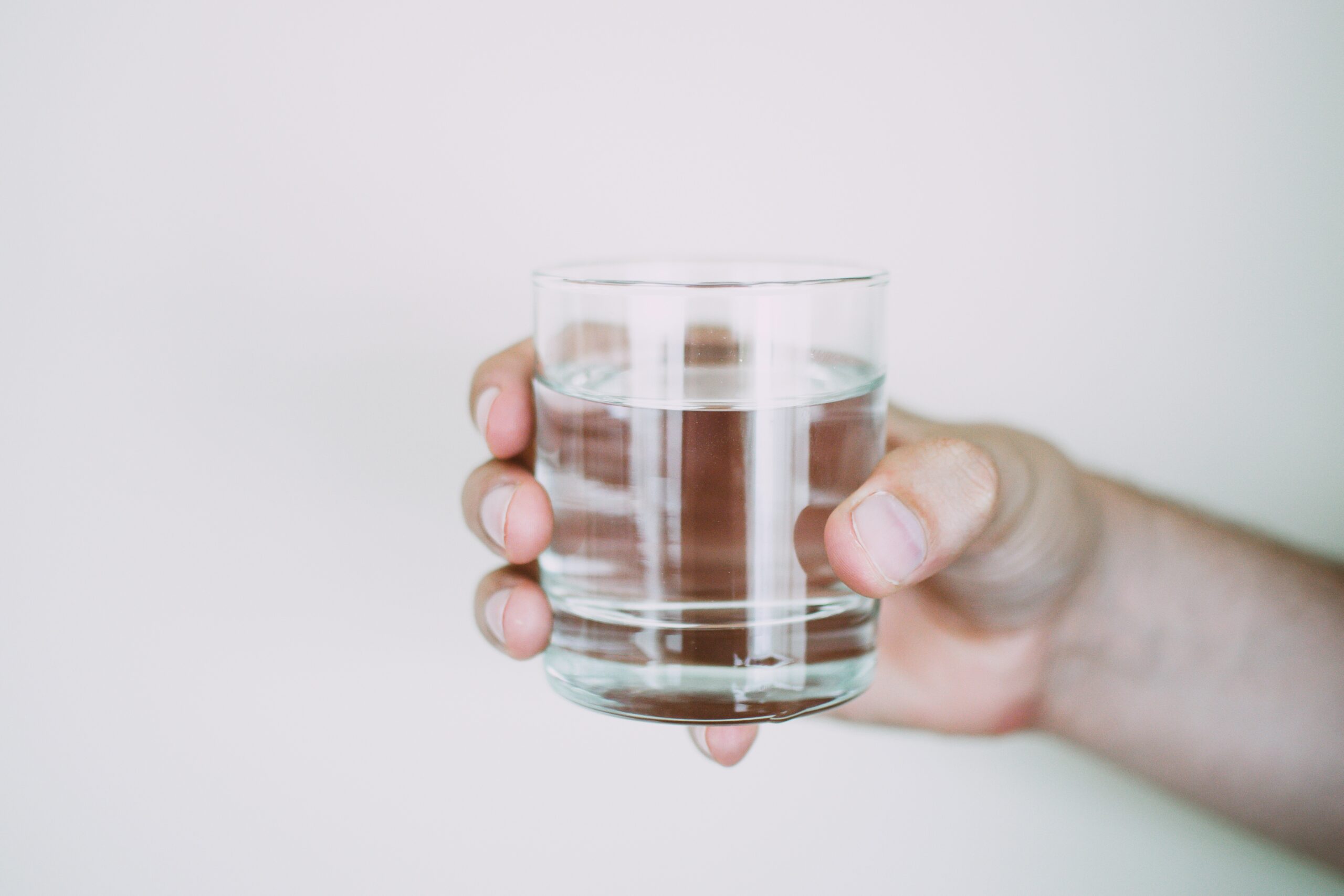
Water scarcity affects millions of people each year. One of the most disproportionately affected groups are women and children. In areas with high levels of water scarcity, women and children are often tasked to collect water from their community’s sources. This responsibility affects the lifestyles of These people differently, with women losing opportunities to work and provide for themselves and their families, and with children being forced to quit their schooling.
Aside from taking away valuable time and opportunities from people, lack of access to clean and safe water also compounds health crises in impoverished areas. Without clean water for drinking and sanitation, the people in such water-scarce communities are exposed to many different diseases. Dehydration coupled with sweltering temperatures also worsens the threat to their health.
Finally, the water crisis takes away time and energy for the people in water-scarce communities to make their own lives more comfortable. Without a reliable way to keep themselves clean and hydrated, they are condemned to a cycle of poverty and disease. This also they leave even more vulnerable to the effects of climate change, which not only includes a further decrease in their water sources, but could also mean facing natural disasters and calamities.
But how can I help?
The severity of the water crisis should make most of us reflect about how we can help, but it’s also difficult to think of ways to conquer these problems within our own capabilities and limitations. But worry not, because here are 5 simple ways that you can help address the problems of water scarcity, even from home.
Lesson your daily water usage
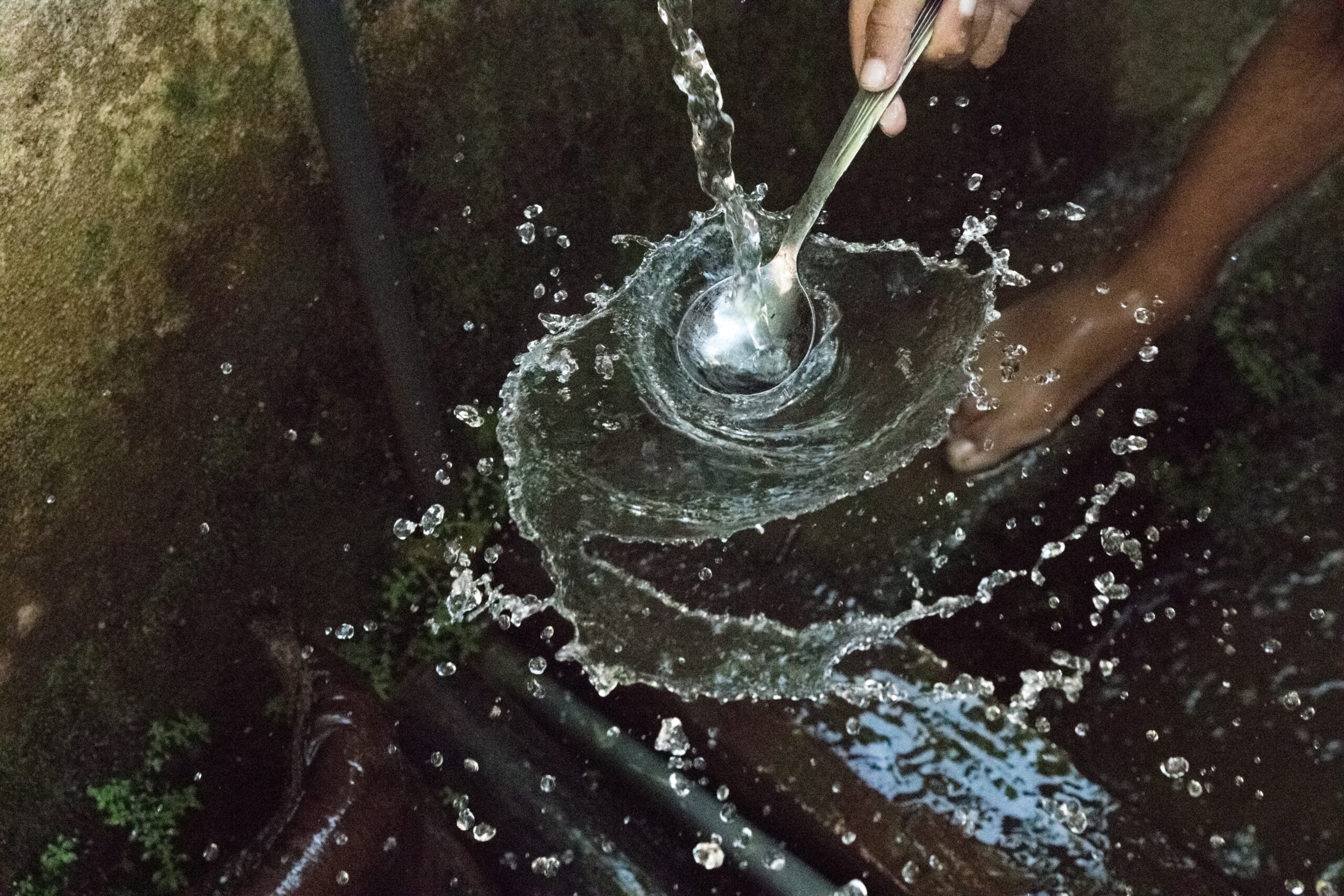
Keeping ourselves and our surroundings clean is an important factor in keeping healthy, but modern luxuries have also allowed us to forget how much water we use and waste everyday. One common way we waste water is by running the laundry too frequently. By lessening the amount of times we do laundry on a regular basis and washing in larger batches, we can easily cut down on a few liters of water use. Additionally, most of us aren’t aware of how frequently we should even wash our clothes, making them last for shorter periods of time. By checking how often we should wash our clothes and actually sticking to that schedule, we can lessen our water usage and also keep our clothes in better quality for longer.
Reuse your clean water
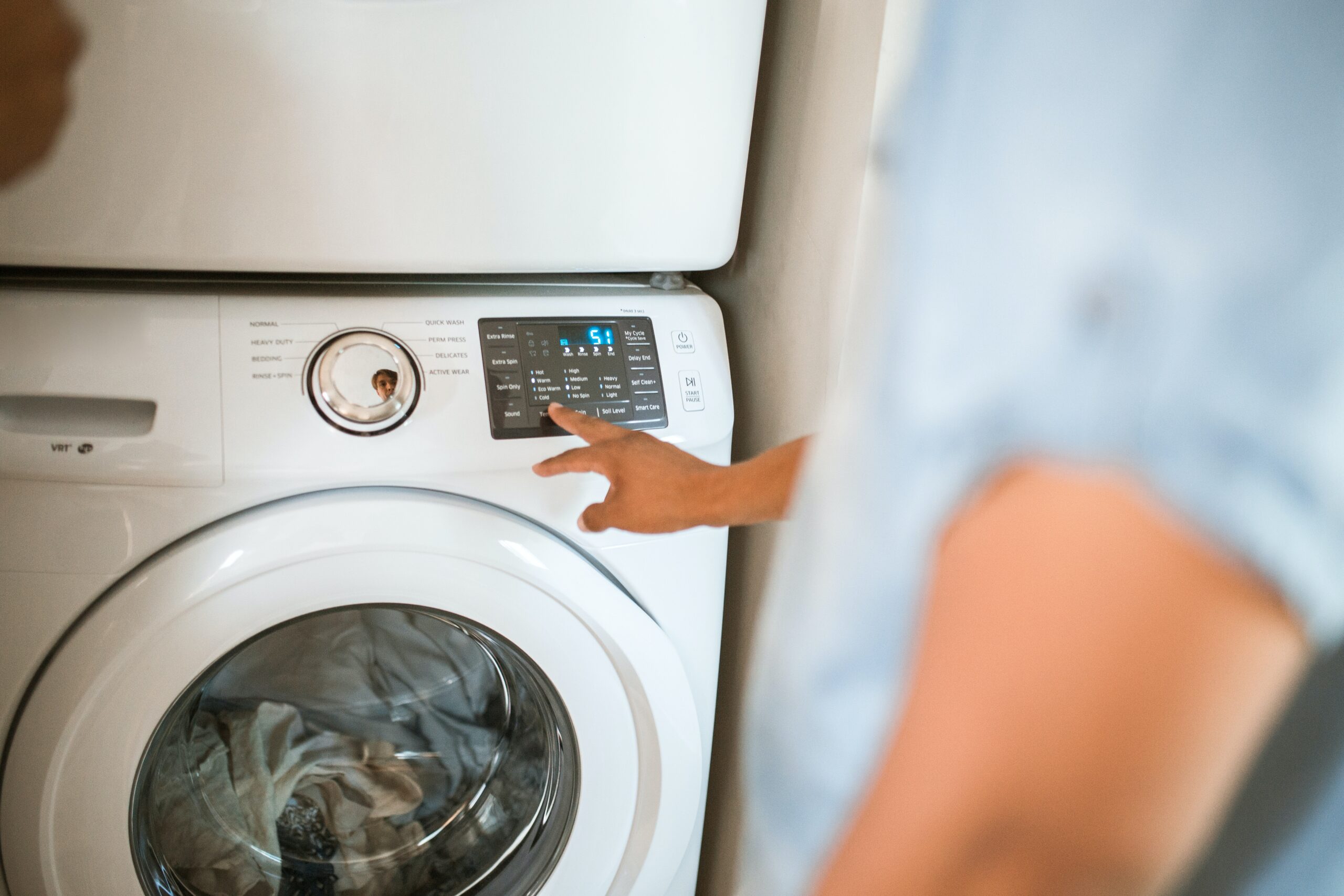
In Japanese households, families will clean themselves before getting into a clean tub of water. This behavior can also be observed in onsen or Japanese bathhouses, where people will shower with soap before entering a communal bath. While onsen can limit their use of water as they have to maintain their baths regularly anyways, household baths cannot hold water 24 hours a day. That’s why some Japanese families will reuse their bathwater, which has not been used to clean their bodies, for other purposes too. Some houses might use the water for their laundry while others might reuse it for cleaning other parts of the house. By finding innovative ways to reuse clean water, we can help avoid contributing to water waste.
Learn to use your dishwasher
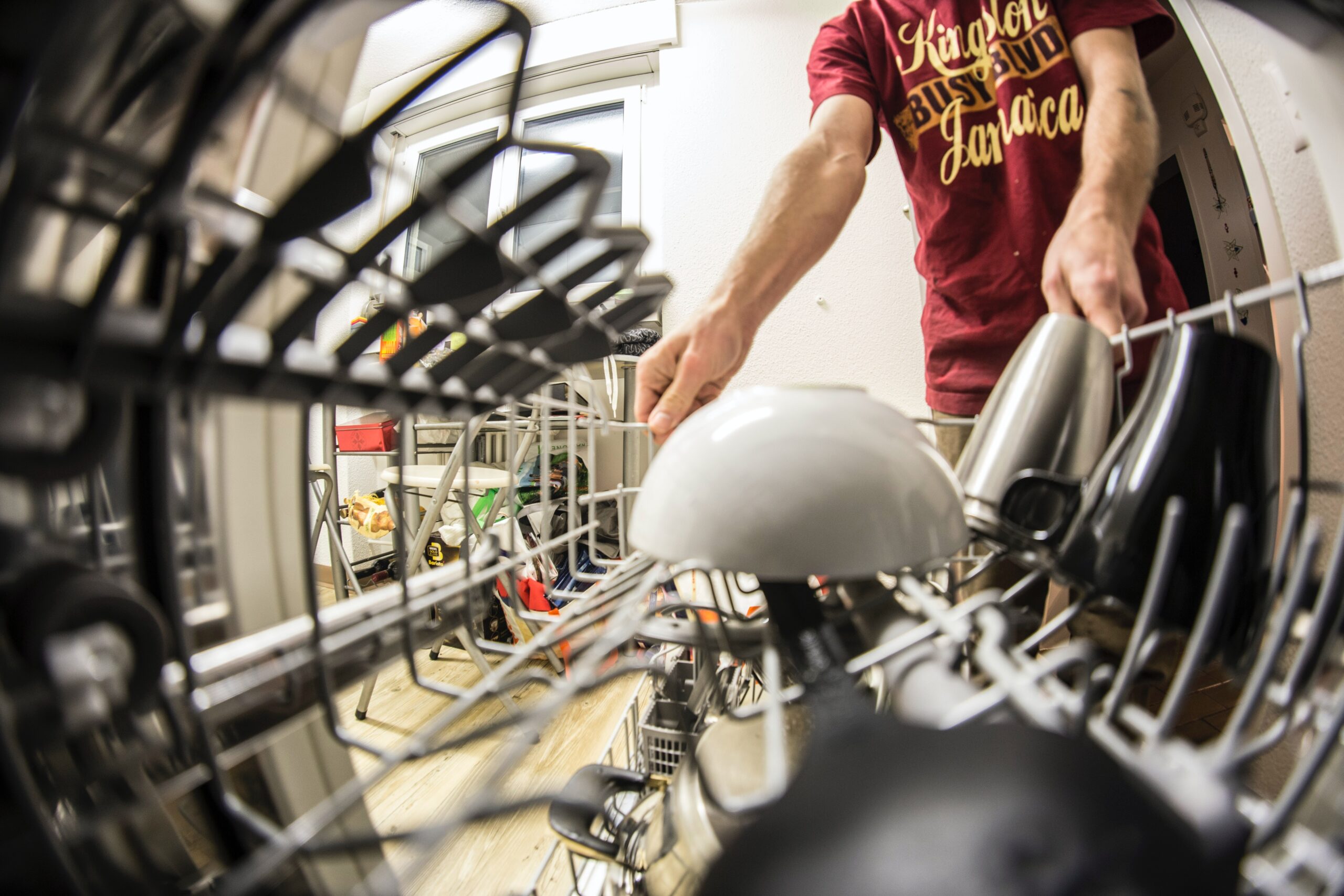
If you live in a place where dishwashers are common, you might know the convenience of owning one all too well. But what you might not know is that newer models of this device actually use way less water than hand washing the dishes. Although unintuitive, this convenient device is designed to be more and thus less efficient wasteful. This does come with the caveat, however, that you use your dishwasher properly. This means only giving particularly dirty dishes a pre-rinse instead of pre-washing and removing large particles of food off of your dishes. By learning how to take advantage of this household device, you not only save yourself time, but also save water.
Purchase products that don’t pollute
You might be unknowingly purchasing products that contribute a great deal to water pollution, making some water sources completely unusable for some communities. For example, the process of tanning animal skins to make leather releases chemically contaminated water back into seas, rivers, and lakes. The dyeing process of many fast-fashion garments does something similar by releasing water mixed with dyes. Although buying affordable clothes might be unavoidable, it is also a good idea to look into alternatives for your other purchases as well. You could purchase vegan leather instead of animal leather for example and avoid contributing to water pollution.
Be more mindful
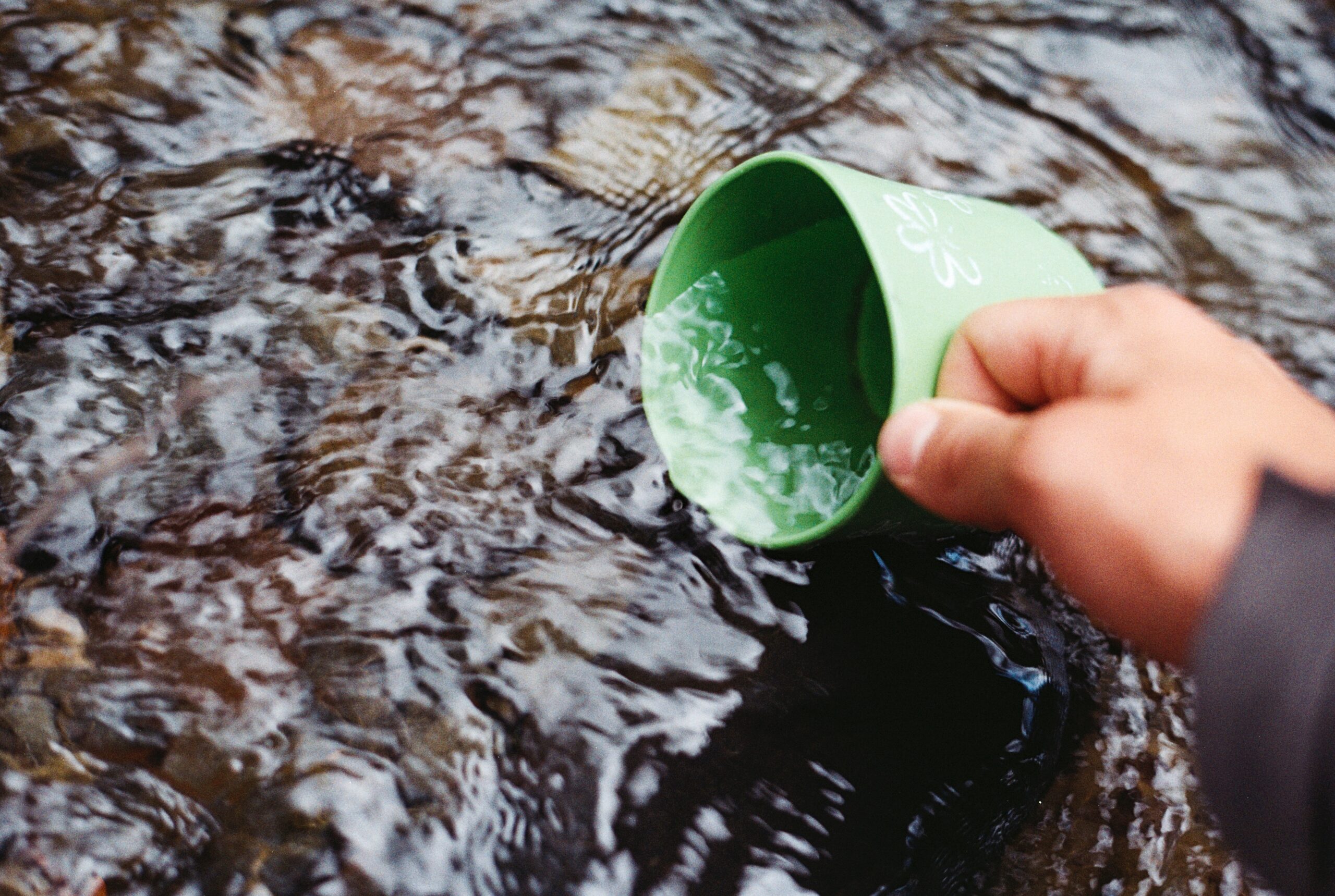
As always, adopting an attitude of mindfulness and conscientiousness about the things you buy and how much water you use on a day to day basis can greatly help in reducing your habits that lead to water loss. Maybe you could reconsider purchasing bottled water and drink tap water instead. You could start washing your jeans twice a month when they start to get soiled, as opposed to washing them once a week when they’re completely clean. These small mindful decisions will help you to create the habits to avoid being unnecessarily wasteful .
Conclusion
How much did you know about the water crisis? We hope that this article not only helped you to be more aware of the crisis of water scarcity but also opened your eyes to the many ways you can help fight it. If you want to learn more about small changes with big effects, check out our article on food loss and how to conquer it. And don’t forget to check out the rest of our blog and our official Facebook and Instagram pages.
This article was written by Yvonne Gonzales





